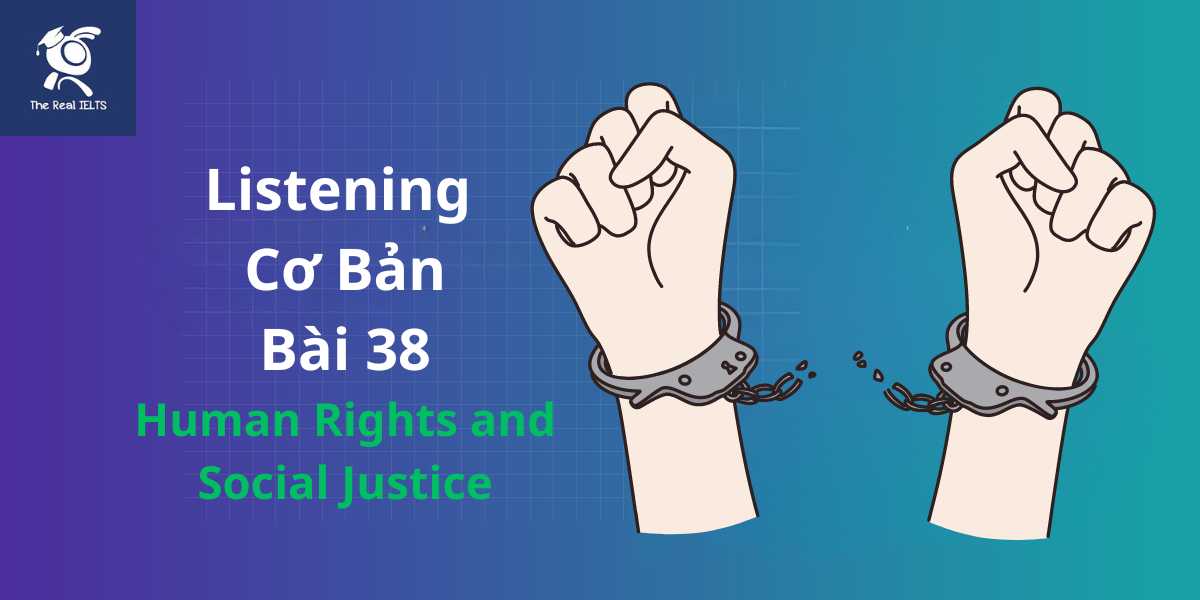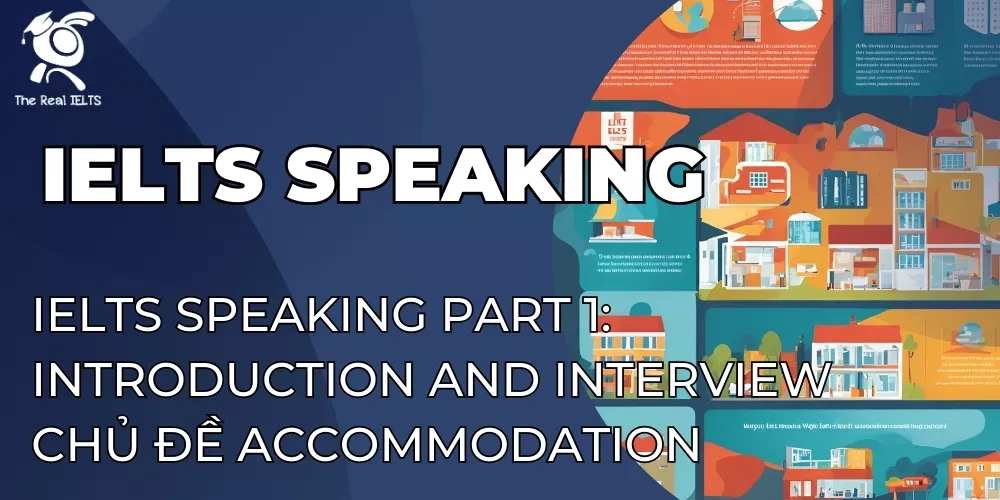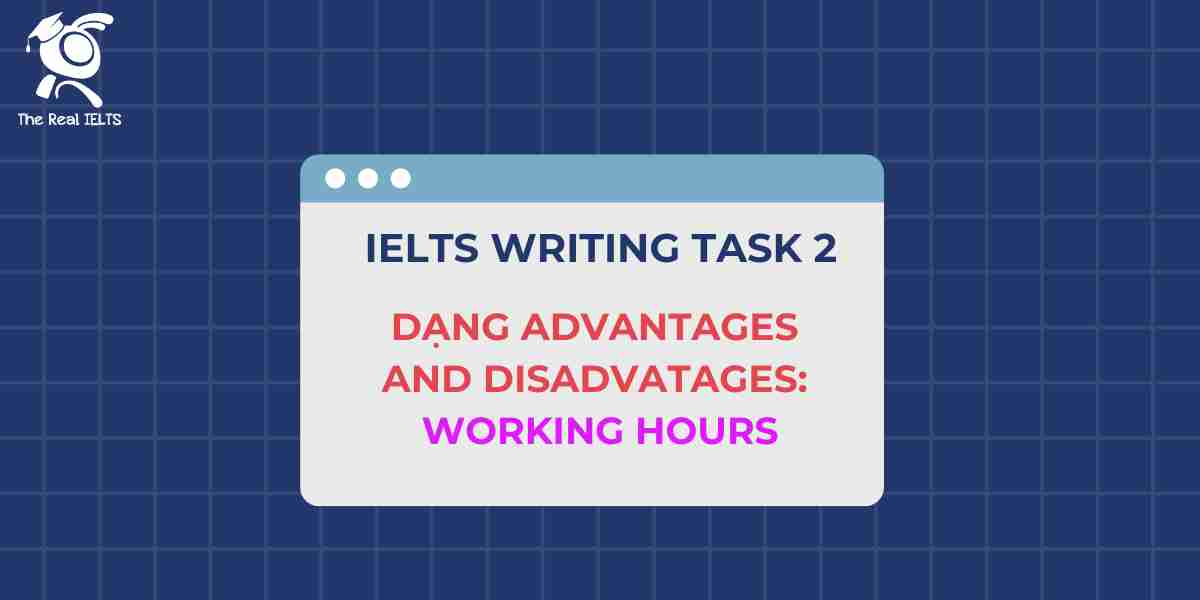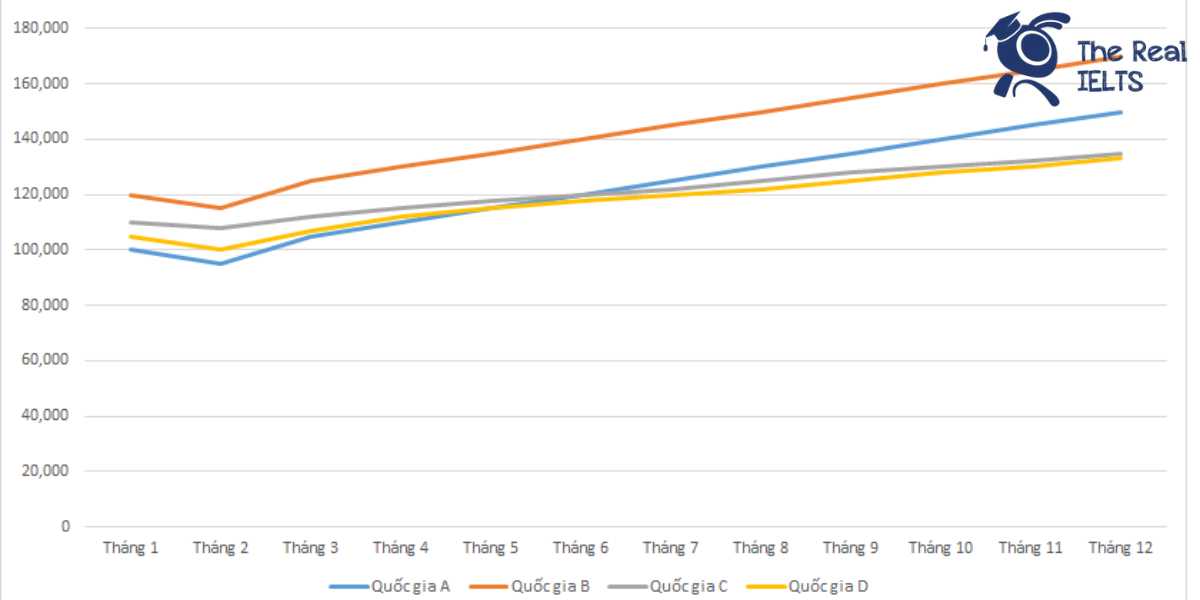Bài Listening có chủ đề Quyền con người và Công bằng xã hội. Sau đây là bài Listening và câu hỏi kèm với đáp án ở cuối bài. Tuy nhiên các bạn vẫn nên tự giác nghe đi nghe lại để nâng cao trình độ Listening của bản thân.
Bài Listening
Questions
Section 1: Multiple Choice Questions
- What document was adopted by the United Nations General Assembly in 1948?
- a) The International Covenant on Civil and Political Rights
- b) The Universal Declaration of Human Rights
- c) The Convention on the Rights of the Child
- d) The Geneva Convention
- Who is known for the “I Have a Dream” speech?
- a) Malala Yousafzai
- b) Nelson Mandela
- c) Martin Luther King Jr.
- d) Mahatma Gandhi
- What movement is associated with advocating for a higher minimum wage in the United States?
- a) Black Lives Matter
- b) Fight for $15
- c) Occupy Wall Street
- d) Women’s March
Section 2: Short Answer Questions
- Name one key figure mentioned in the lecture who is associated with gender equality.
- What contemporary movement highlights issues of racial justice and police brutality?
- List two components of social justice mentioned in the lecture.
Section 3: True/False Questions
- The concept of social justice includes only economic justice.
- True / False
- Malala Yousafzai is the youngest-ever Nobel Prize laureate.
- True / False
- The Universal Declaration of Human Rights was adopted in 1963.
- True / False
Answers
Section 1: Multiple Choice Questions
- b) The Universal Declaration of Human Rights
- c) Martin Luther King Jr.
- b) Fight for $15
Section 2: Short Answer Questions
- Malala Yousafzai
- Black Lives Matter
- Racial and gender equality, economic and educational rights
Section 3: True/False Questions
- False
- True
- False
Audio Script
Good morning, everyone. Today’s lecture focuses on Human Rights and Social Justice. These concepts are fundamental to the fabric of democratic societies. Human rights are the basic rights and freedoms that belong to every person in the world, from birth until death. These rights include the right to life and liberty, freedom of thought and expression, and equality before the law.
The concept of social justice, on the other hand, pertains to creating a society based on principles of equality and solidarity, understanding and valuing human rights, and recognizing the dignity of every human being. It involves the pursuit of fair treatment and a just share of the benefits of society for all individuals and groups.Let’s delve into some key figures and events that have shaped our understanding of human rights and social justice. One pivotal moment was the adoption of the Universal Declaration of Human Rights by the United Nations General Assembly in 1948.
This document set out, for the first time, fundamental human rights to be universally protected.A significant figure in the struggle for social justice was Martin Luther King Jr., an American civil rights leader who advocated for the end of racial discrimination through nonviolent protest. His famous “I Have a Dream” speech in 1963 highlighted the profound inequalities faced by African Americans and became a rallying cry for the civil rights movement.Another important aspect of social justice is gender equality.
Figures like Malala Yousafzai, the Pakistani activist for female education and the youngest-ever Nobel Prize laureate, have brought global attention to the issues of gender discrimination and the right to education for girls.To understand these concepts more deeply, let’s consider some contemporary issues.
For instance, the Black Lives Matter movement, which began in the United States, has sparked international conversations about racial justice and police brutality. This movement highlights the ongoing struggle against systemic racism and the need for reform in justice systems worldwide.Finally, economic justice is also a critical component of social justice. This includes advocating for fair wages, the right to decent working conditions, and the reduction of income inequality.
Movements such as the Fight for $15 in the United States, which advocates for a higher minimum wage, are examples of efforts to achieve economic justice.In conclusion, the fight for human rights and social justice is ongoing and multifaceted, involving a wide range of issues from racial and gender equality to economic and educational rights. It requires continuous effort and dedication from individuals and communities around the world to achieve a truly just and equitable society.
Học lại bài cũ: Bài tập Listening 37: The Importance of Water Conservation.















